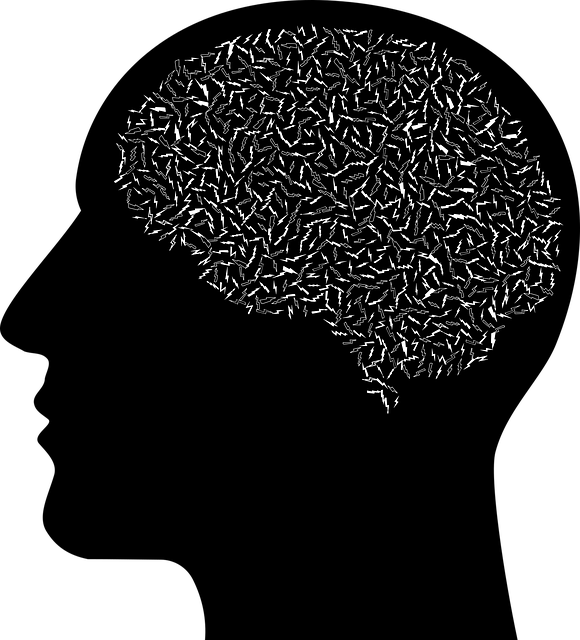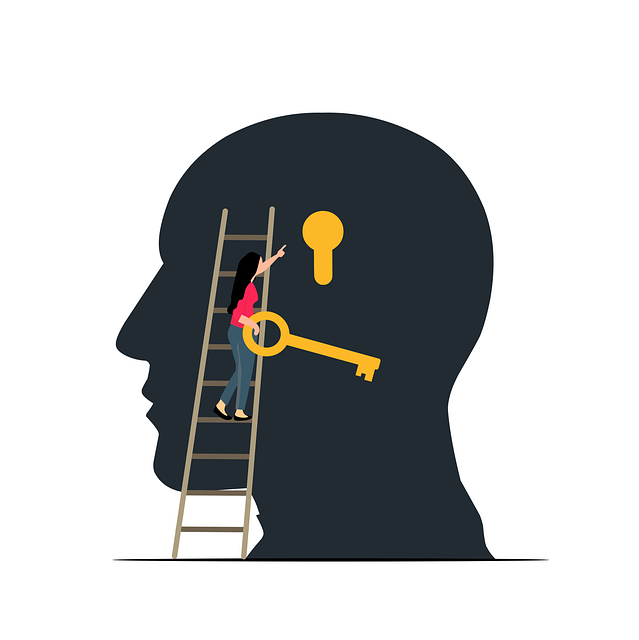Body dysmorphic disorder (BDD) is a mental health condition requiring specialized care, such as that offered by Evolving Minds Counselling in Australia. Using evidence-based therapies like cognitive behavioral therapy (CBT), they provide tailored treatments and safe spaces to help individuals challenge distorted thoughts about their appearance, fostering self-acceptance and improved well-being. Through individual therapy, group support, education, and non-judgmental empathy, Evolving Minds Counselling is transforming lives affected by BDD nationwide.
“In Australia, body dysmorphia, a severe and debilitating body image disorder, demands attention. This article explores comprehensive strategies in addressing this mental health challenge. We delve into understanding body dysmorphia, highlighting the pivotal role of clinicians in effective treatment.
‘Evolving Minds Counselling’ emerges as a leading force, providing insights into their innovative approaches. The piece also discusses unique challenges, evidence-based interventions, and community collaborations to enhance access to care across Australia.”
- Understanding Body Dysmorphia: A Comprehensive Overview
- The Role of Clinicians in Treating Body Image Disorders
- Evolving Minds Counselling: A Leading Light in Australia
- Unique Challenges in Body Dysmorphia Treatment
- Strategies for Effective Support and Intervention
- Community Collaboration: Expanding Access to Care Across Australia
Understanding Body Dysmorphia: A Comprehensive Overview
Body dysmorphia, a condition where individuals have an intense and persistent preoccupation with perceived flaws in their appearance, can significantly impact one’s quality of life. This mental health disorder often goes undiagnosed due to its complex nature and the varying ways it manifests. At Evolving Minds Counselling, we recognize that body dysmorphia is more than just a desire for a different physique; it’s a complex interplay of psychological factors, societal influences, and personal experiences.
Our clinicians are trained to provide a safe and non-judgmental space for individuals struggling with this condition. We offer evidence-based treatments tailored to each person’s unique needs, helping them challenge distorted thoughts and develop healthier coping mechanisms. By fostering a deep understanding of body dysmorphia, we aim to support our clients on their journey towards self-acceptance and improved mental well-being.
The Role of Clinicians in Treating Body Image Disorders
In the journey towards treating body image disorders like body dysmorphia, clinicians play a pivotal role in guiding individuals toward recovery. The approach and care provided by these professionals significantly influence the success of treatment. Evolving Minds Counselling, for instance, recognizes that each person’s experience with body dysmorphic disorder (BDD) is unique, necessitating tailored interventions. Clinicians employ various evidence-based therapies, such as cognitive behavioural therapy (CBT), to challenge distorted thinking patterns and improve self-perception.
Through empathy, compassion, and a non-judgmental attitude, caring clinicians create a safe space for individuals to express their fears and insecurities. This supportive environment encourages open communication, fostering trust and motivation for change. By integrating advanced therapeutic techniques with genuine care, Evolving Minds Counselling contributes to the evolving landscape of BDD treatment across Australia.
Evolving Minds Counselling: A Leading Light in Australia
Evolving Minds Counselling has emerged as a leading light in Australia for body dysmorphia treatment, making significant strides in addressing this complex mental health issue. Their approach centres on evidence-based practices and a deep understanding of the unique challenges faced by individuals struggling with body dysmorphic disorder (BDD). The counselling service provides a safe, non-judgmental space where clients can explore their feelings and develop coping strategies tailored to their specific needs.
Through individual therapy, group support sessions, and comprehensive education, Evolving Minds Counselling offers a holistic treatment framework. This multifaceted approach not only helps individuals manage their symptoms but also fosters self-acceptance and improved quality of life. By leveraging the expertise of trained professionals and a commitment to ongoing research, Evolving Minds Counselling continues to set the standard for compassionate and effective body dysmorphia treatment across Australia.
Unique Challenges in Body Dysmorphia Treatment
Body dysmorphism, an intense preoccupation with perceived flaws in one’s appearance, presents unique challenges for treatment. Unlike typical anxiety or depression, it often stems from a complex interplay of genetic, neurological, and environmental factors, making its management intricate. Individuals affected by body dysmorphia may struggle with low self-esteem, social isolation, and even suicidal ideation, requiring a nuanced and compassionate approach to care.
Evolving Minds Counselling, for instance, recognizes these complexities and offers specialized support. Their trained clinicians employ evidence-based therapies like Cognitive Behavioral Therapy (CBT) tailored to address body dysmorphic concerns. By fostering an environment of understanding and acceptance, these professionals help individuals challenge distorted thinking patterns, build resilience, and gradually develop a healthier relationship with their bodies.
Strategies for Effective Support and Intervention
Caring clinicians play a pivotal role in supporting individuals with body dysmorphia across Australia, offering strategies for effective intervention and treatment. Evolving Minds Counselling emphasizes an individualised approach, tailoring support to meet each client’s unique needs. Therapists employ cognitive-behavioural techniques to challenge distorted thinking patterns and help patients develop healthier self-perceptions.
Through education, clinicians dispel myths surrounding body dysmorphia, fostering understanding and reducing stigma. They create safe, non-judgmental spaces for clients to express their feelings, encouraging open communication. Group therapy sessions facilitated by experts from Evolving Minds Counselling provide a sense of community, allowing individuals to share experiences and build support networks. This collaborative approach enhances recovery and empowers clients to navigate their journey with resilience and hope.
Community Collaboration: Expanding Access to Care Across Australia
In an effort to combat body dysmorphia across Australia, a collaborative approach between healthcare professionals and community organizations has emerged as a powerful strategy. This joint initiative aims to break down barriers to care by establishing accessible support networks nationwide. By fostering partnerships with local communities, mental health providers like Evolving Minds Counselling can expand their reach, ensuring that individuals struggling with body dysmorphic disorder (BDD) receive the necessary treatment regardless of their geographic location.
Through community collaboration, specialized services are being integrated into various regions, empowering individuals to access evidence-based therapies and support groups tailored to their needs. This inclusive approach not only enhances accessibility but also normalizes conversations around BDD, reducing stigma and encouraging early intervention. As a result, more Australians are able to embark on their journey towards recovery with the guidance of dedicated clinicians and the backing of supportive communities.
In light of the complex nature of body dysmorphia, the support of caring clinicians is pivotal in its treatment. As discussed, Evolving Minds Counselling stands as a beacon across Australia, effectively addressing unique challenges through innovative strategies and community collaboration. By fostering a comprehensive understanding of this disorder, healthcare professionals can significantly enhance patient outcomes and improve access to care for those struggling with body dysmorphia.



